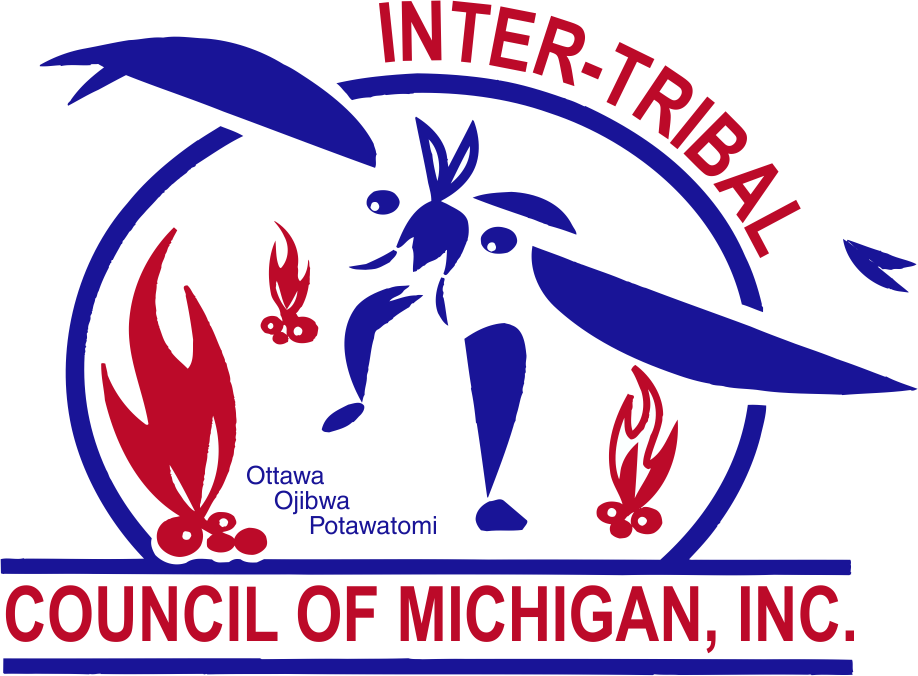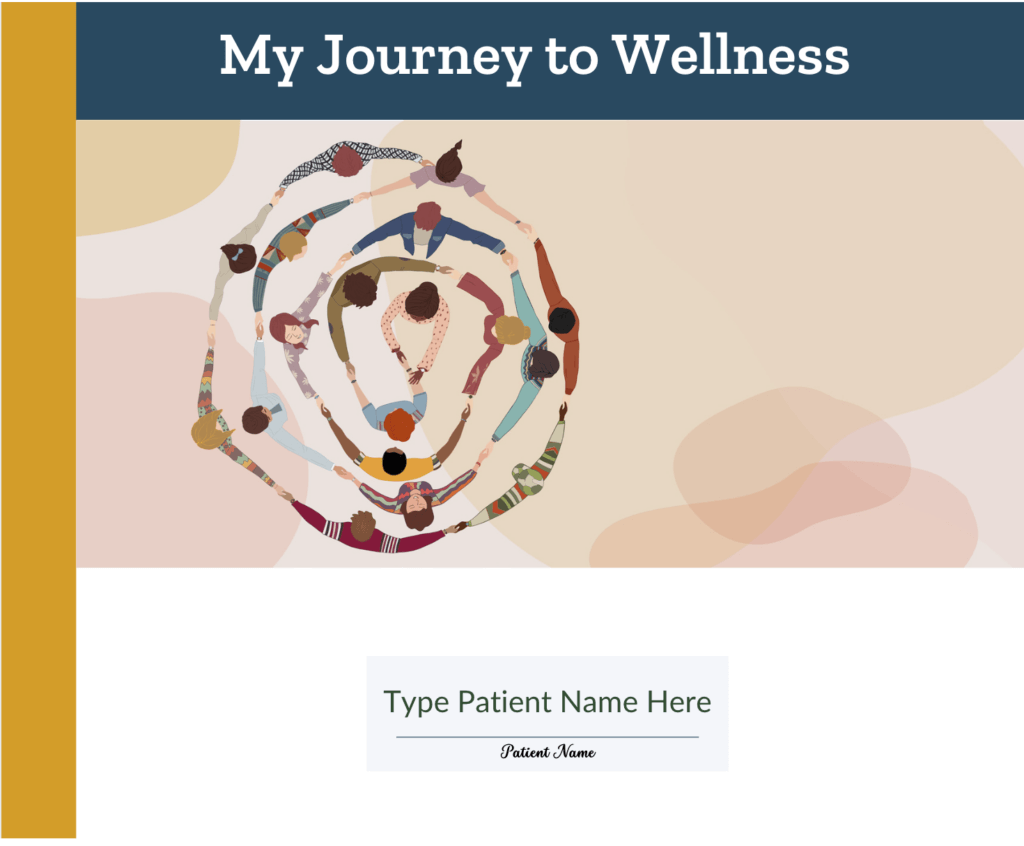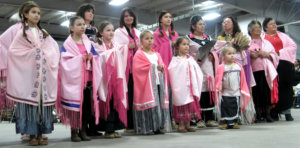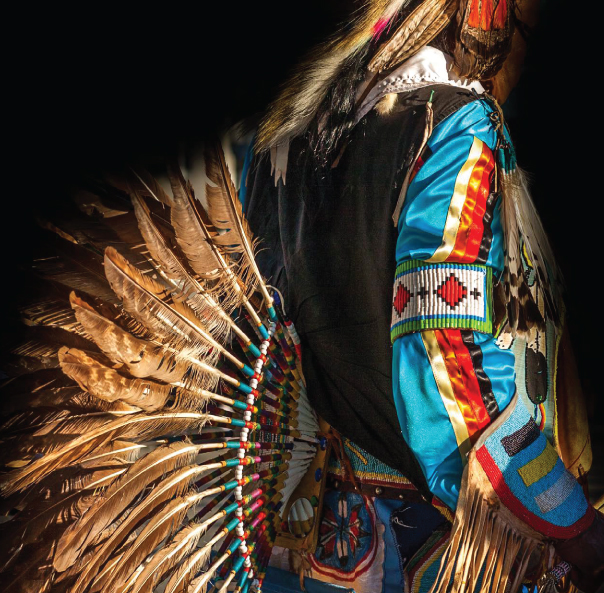Kwe Brave Kwe Brave resource page for Native American breast cancer survivors and caregivers. Kwe...
Read MoreTag: Cancer Prevention
Cancer Prevention
Text SACREDBREATH to 88709

EX Program is here with you every step of your quitting journey – whether you’re curious about quitting someday in the future or need extra tools to maintain the progress you’ve already made.
It’s developed with experts and informed by millions of experienced quitters. You’ll get science-backed, 24/7 support — all for free.
What You Get With EX Program
Support from experts and Experienced Quitters
- Access to expert advice and tips. You’ll get a full collection of our best, judgement-free advice from the professionals at EX Program, Mayo Clinic, and other quitters. Plus, our live events make it easy to meet experts and get answers to your quitting questions.
- Connect with other quitters in the EX Community. The EX Community is the longest-running and largest online community for people quitting smoking, vaping, nicotine pouches, and tobacco. Find support, get accountability, and celebrate your wins with people who get what you’re getting through.
- Daily reminders to help guide you on your journey. You’ll get text messages with advice from experts and quitters in all phases of their quit journey. Messages adapt to your needs and experiences, whether you’re curious about quitting, actively trying to quit right now, or wanting to maintain the progress you’ve already made.
Personal Tools and Tracking
- Online exercises and tools. Interactive tools help you unlock your reasons for quitting, identify triggers, learn new ways to manage nicotine cravings, and more.
- Regular, virtual check-ins and progress tracking for personal accountability can help keep you on track with your goals.
- Personalized recommendations. EX Scout finds 6 ideas for you to read and do every week, tailored to you and your unique quit journey.
Sign up below!
Want support quitting nicotine?
Join EX Program
Thanks for joining!
Keep an eye out for a text from 88709
You'll receive daily texts full of tips, advice, and support from experts and quitters like you. Enter your mobile number to get started for free. By clicking JOIN, you agree to receive emails and texts from EX Program and agree to the Terms and Conditions. text STOP to opt out. No purchase is necessary. Msg&Data Rates May Apply.
Connection failure, please try again.
Cancer Prevention
HOPE Project Growing Garden Resources
Maamwi Gda’ mnobmaadizi’ mi – “Let us gather for a good way of life”
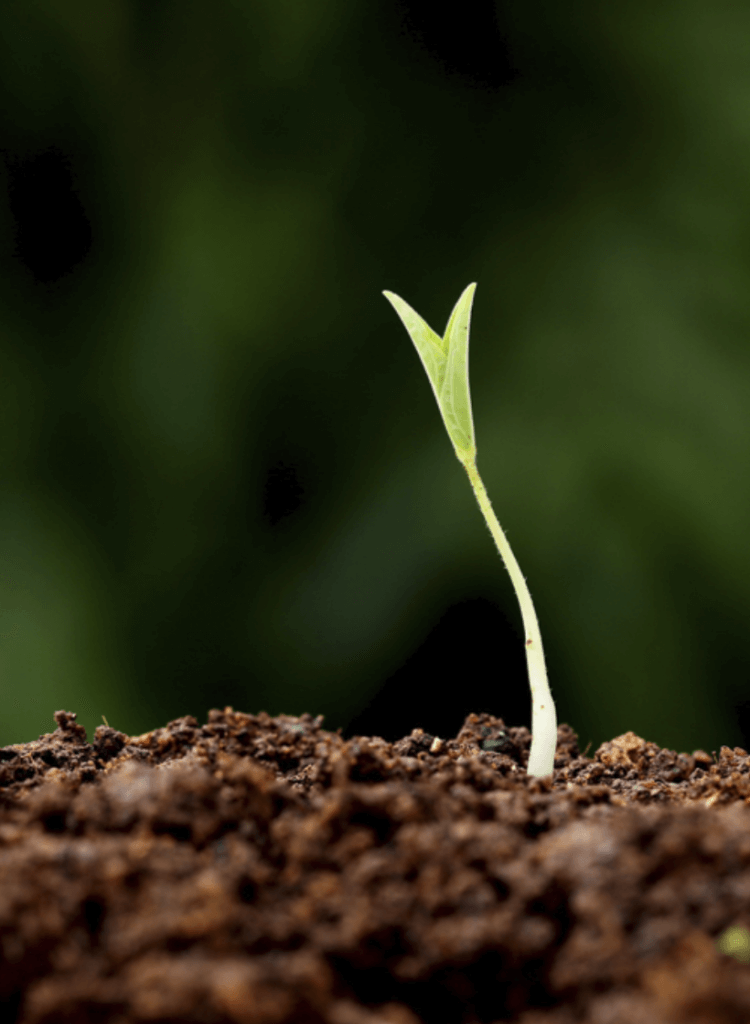
Session Recordings
Other Resources
- Traditional Tobacco – Keep It Sacred
- Good Medicine Keepers
- American Indian Cancer Foundation
- Great Lakes Inter-Tribal Epidemiology Center | Tribal Epidemiology Centers
- “Calling the Spirt Back:” Spiritual Needs Among Great Plains American Indians – Journal of Pain and Symptom Management
- Cancer Journey for American Indians and Alaska Natives in the Pacific Northwest.pdf
- How Increased Funding Can Advance the Mission of the Indian Health Service to Improve Health Outcomes for American Indians and Alaska Natives.pdf
Cancer Prevention
Menthol and Other Flavored Tobacco Products
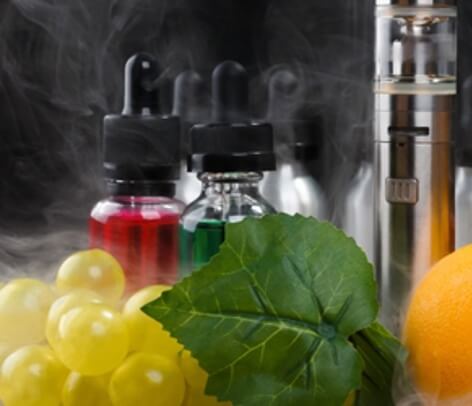
About
The high prevalence of menthol and flavored tobacco use in American Indian and Alaska Native (AI/AN) communities poses a significant threat to public health. Predatory marketing strategies by big tobacco companies on AI/AN communities has amplified initiation and addiction rates, further worsening health disparities. Menthol and flavored tobacco has been recognized as a catalyst for smoking initiation and addiction, posing an additional hurdle to quitting efforts. AI/AN communities encounter distinct challenges linked to the use of menthol and other flavored tobacco products, with the youth being particularly vulnerable to heightened risks. In a recent survey, 19.9% of youth in grades 8 report using vaping products at least once in their lifetime and 38.8% of 12th graders report having used vaping products. 1 Additionally,77% of youth surveyed in grades 8-10 did not perceive the use of vaping products as increasing their risk of developing cancer and other illnesses and nearly half of all respondents indicated that it was fairly easy for them to obtain vape products.1
The harmful effects of menthol and flavored tobacco products extend beyond individual health, impacting community well-being and exacerbating existing disparities. It is imperative to address these issues comprehensively, emphasizing education, awareness, access to cessation services, culturally tailored interventions and effective policy initiatives to curb the prevalence of menthol and flavored tobacco use in AI/AN communities.
Stanley, S. J., Kelley, D. E., O’Brien, E., Margolis, K. A., Navarro, M. A., Alexander, J. P., & O’Donnell, A. N. (2022). US digital tobacco marketing and youth: A narrative review. Preventive Medicine Reports, 102094.
EX Program
EX Program is the go-to guide on your quitting journey.
EX Program is here with you every step of your quitting journey – whether you’re curious about quitting someday in the future or need extra tools to maintain the progress you’ve already made.
It’s developed with experts and informed by millions of experienced quitters. You’ll get science-backed, 24/7 support – all for free.
What you get with EX Program
Support From Experts and Experienced Quitters
- Access to expert advice and tips. You’ll get a full collection of our best, judgment-free advice from the professionals at EX Program, Mayo Clinic and other quitters. Plus, our live events make it easy to meet experts and get answers to your quitting questions.
- Connect with other quitters in the EX Community. The EX Community is the longest-running and largest online community for people quitting smoking, vaping, nicotine pouches, and tobacco. Find support, get accountability, and celebrate your wins with people who get what you’re going through.
- Daily reminders to help guide you on your journey. You’ll get text messages with advice from experts and quitters in all phases of their quit journey. Messages adapt to your needs and experiences, whether you’re curious about quitting, actively trying to quit right now, or wanting to maintain the progress you’ve already made.
Personal Tools and Tracking
- Online exercises and tools. Interactive tools help you unlock your reasons for quitting, identify triggers, learn new ways to manage nicotine cravings, and more.
- Regular, virtual check-ins and progress tracking for personal accountability can help keep you on track with your goals.
- Personalized recommendations. EX Scout finds 6 ideas for you to read and do every week, tailored to you and your unique quit journey.
Want support quitting nicotine?
Join EX Program
Thanks for joining!
Keep an eye out for a text from 88709
You'll receive daily texts full of tips, advice, and support from experts and quitters like you. Enter your mobile number to get started for free. By clicking JOIN, you agree to receive emails and texts from EX Program and agree to the Terms and Conditions. text STOP to opt out. No purchase is necessary. Msg&Data Rates May Apply.
Connection failure, please try again.
Resources
Cancer Prevention
Food Farmacy
The Inter-Tribal Council of Michigan supports three Michigan tribal communities in addressing youth and adult nutrition related health disparities, including overweight and obesity, through a culturally and community-based Native American Nutrition Prescription Program – Food Farmacy.
- Hannahville Indian Community
- Little Traverse Bay Bands of Odawa Indians
- Pokagon Band of Potawatomi Indians
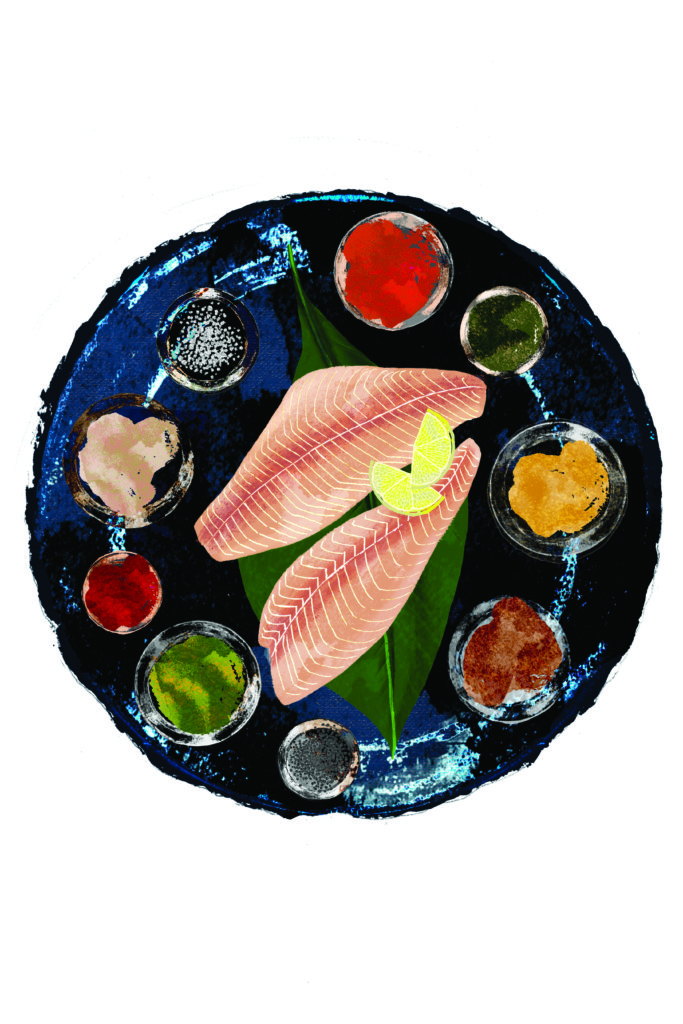
Cancer Prevention
Colorectal Cancer Awareness
Inter-Tribal Council of Michigan, Inc. Institutional
Colorectal Cancer Awareness
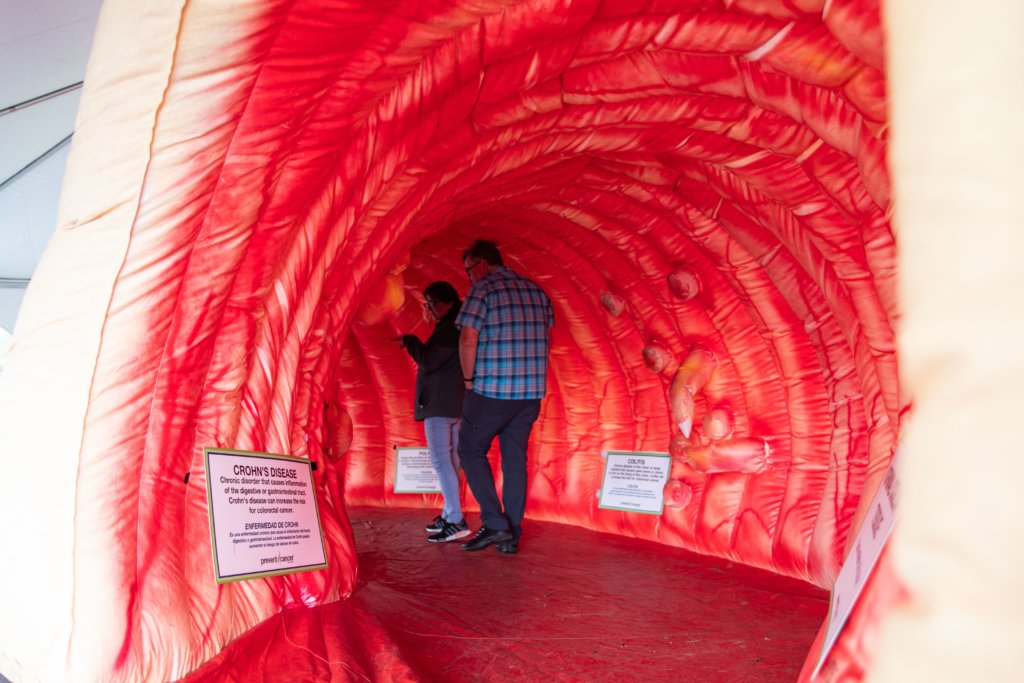
SAULT STE. MARIE — Colon Cancer is the third leading cancer among American Indian men and women in Michigan. A greater percentage of American Indian men and women with colon cancer are diagnosed at younger ages compared to the general population in Michigan. Screening rates are also lower among the American Indian population. This suggests a need for increased education and screening among the American Indian population.
“The good news is that Colon Cancer is preventable,” states Noel Pingatore, Program Manager for the Inter-Tribal Council of Michigan, “A screening colonoscopy can actually remove polyps in the intestine before they become cancerous.” There are also new and easier to use types of stool sampling screening tests that can be completed at home.” Home stool screening tests are called Fecal Occult Blood Tests or FOBT. They often require diet and medication restrictions and three separate stool samples. However, the new Fecal Immunochemical Tests, or FIT, has no dietary or medication restrictions and only requires one or two samples. The FIT is much easier to use than the older FOBT versions.
The American Cancer Society recommends testing begin at age 50 for those at average risk and earlier for those at increased risk. Screening tests include:
- Colonoscopy everyone 10 years
- FOBT or FIT every year.
Talk with your health care provider about your risk for colon cancer and which screening tests are best for you. The best test is the one that gets done.
For more information on colon cancer visit: www.cancer.org or http://www.cdc.gov/cancer/colorectal/
The Inter-Tribal Council of Michigan, Inc. is a 501(C)3 non-profit corporation duly organized under a state charter filed April 16, 1968. The agency represents all twelve federally recognized tribes in Michigan. The agency is divided into several different divisions, including: headstart; early headstart; health services; behavioral health; environmental services; child, family, and education services; and administration. The agency employs approximately 160 employees. 35 of these employees are based in the agency’s central office in Sault Ste. Marie, while member tribes have offices and staff on site. Visit https://www.itcmi.org/ to learn more about the agency. The Michigan Three Fires Cancer Consortium is funded by the CDC under grant number 1 NU58DP006275-01-00
Media Contact:
Mike Willette
Communications Specialist
Inter-Tribal Council of Michigan
906-632-6896 x.110
mwillette@itcmi.
Cancer Prevention
Gigiigoo'inann Study

Fish hold great cultural significance for the Anishinaabe, and their cherished fishing traditions face environmental threats. The Gigiigoo’inaan App is significant because it provides users safe fish consumption advices as well as healthy and easy fish recipes. This app has gathered positive feedback, with Anishinaabe fish consumers reporting increased confidence, higher fish consumption, and improved understanding of environmental health.
Join us in preserving fishing traditions and make informed fish-eating choices. Download the Gigiigoo’inaan App today!
Apple/iPhone: https://apps.apple.com/us/app/mcwgiigooapp/id1447081687?Is=1
Android/Google Play: https://play.google.com/store/apps/details?id=com.shorewoodtech.GigiigooApp&hl=en
Articles
Download Fliers
App Preview Screenshots



Cancer Prevention
Patient Navigation Cancer Screening

Cancer Prevention
Cancer Survivorship Resources

Resources
Cancer Journey Resource Guide
Designed by the Three Fires Cancer Consortium and the Inter-Tribal Council of Michigan, this Cancer Journey Resource Guide is a helpful tool that provides your patients with a directory of resources available in your community. This is an editable/tailorable guide designed to be delivered to your cancer patients by a clinic or community health staff member who can review and offer the resources available within your community, and at the same time provide a staff member time to document any fears or barriers the patient may be encountering, and any support they need with their cancer diagnosis.
Many patients living in rural locations are not provided the navigation support offered in urban areas, and this toolkit can provide a connection back to community resources to mitigate issues such as financial barriers, and food insecurity, and provide personalized referrals to local resources (traditional healer, dietician, behavioral health, etc.) while on their cancer journey.
This link is a Canva template, that you can copy, rename, and tailor for your health system and tribal community. If you have any questions or need support in tailoring this document for your community, please reach out to bsieloff@itcmi.org.
Videos
Cancer Prevention
Kwe Brave
Kwe Brave resource page for Native American breast cancer survivors and caregivers. Kwe is the Ojibwe word for women and aims to honor our sisters that face cancer diagnosis.
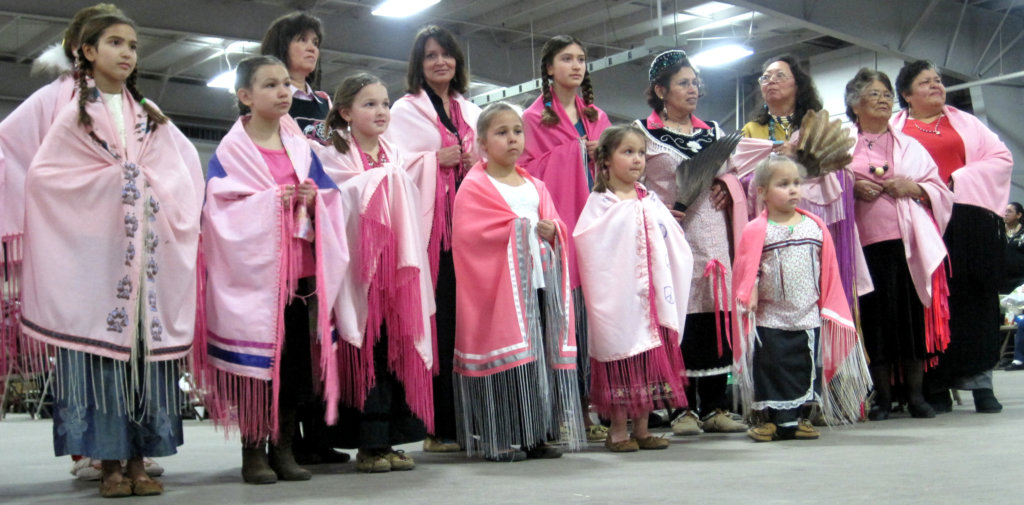
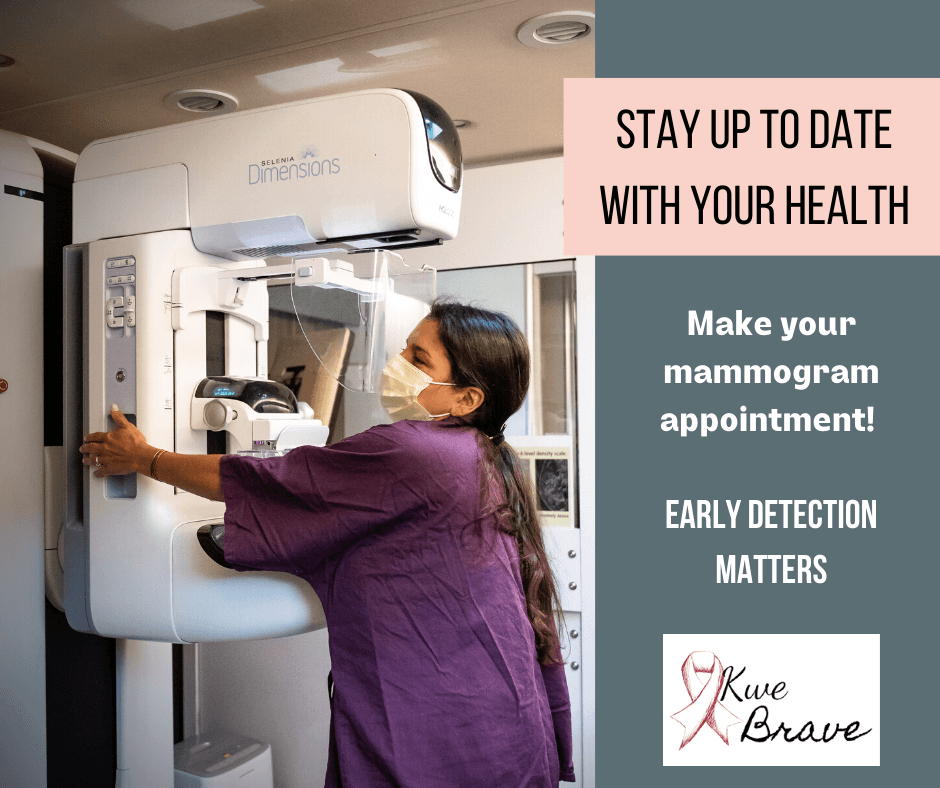
Recent Resources
Breast and Cervical Cancer Navigation Program:
Questions to Ask Your Doctor After You Finish Treatment– Cancer.gov
Managing and Preventing Side Effects (from cancer treatment)- Cancer.gov
3 Blogs to Read about Mastectomy and Reconstruction:
Advocating for Your Health and Breast Cancer Survivorship
NEW: Patient Guide to Cancer Support Services 2021– Guide to financial support resources for cancer treatment.
You’re Too Young To Have Cancer -Blog from Conquer patient voice magazine
How to advocate for yourself as a cancer patient
Talking about breast health with your doctor– quick tips
Talking with your breast surgeon – mastectomy expectations and help
Breast Cancer Screening
What to expect at a mammography appointment– American Indian Cancer Foundation webinar recording
- Mammogram myths and facts
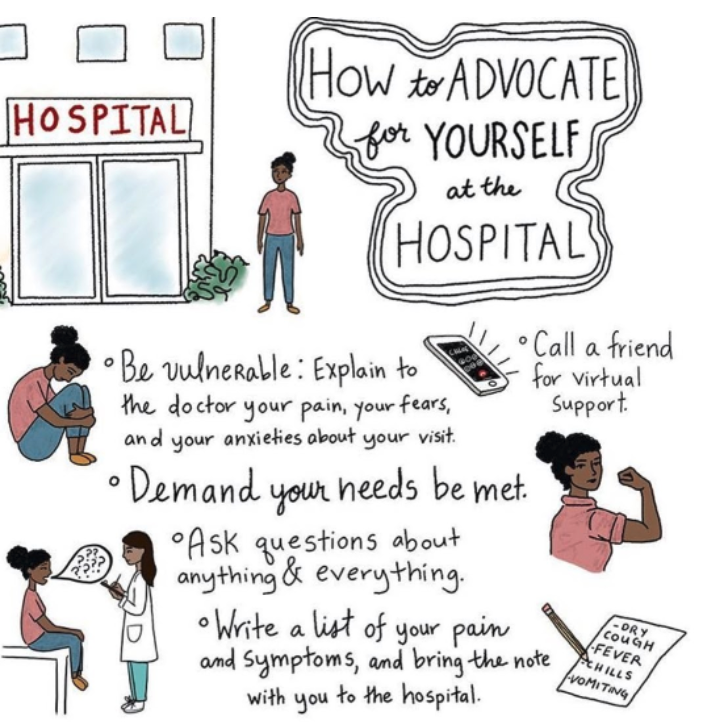
illustration by @quietcreature and @iischristy
Nutrition, Food Access, and Cancer Survivorship with Kwe Brave, Inter-Tribal Council of Michigan, and the American Indian Cancer Foundation

Social and Emotional Support
How to tell someone you have cancer
Talking to your kids about cancer– webpage with helpful advice for telling your kids about a cancer diagnosis and what to expect from the conversation
Peer Support- You are not alone in being a breast cancer survivor. The Young Survival Coalition has great blogs on mental health and breast cancer
Managing Breast Cancer as a Single Mom- Blog Post
Tips for Coping with COVID-19 for Cancer Survivors and Caregivers– GW Cancer Center
Mental Health and Cancer Support
Free Resources for mental health during COVID-19 Pandemic – list of free tools that support mental health (apps, podcasts, meditations, etc.)
Breast Cancer and Mental Health Toolkit– tips from breast cancer nurses, support groups, and help with anxiety
Suicide prevention resources
Chemo brain facts and support: American Indian Cancer Foundation
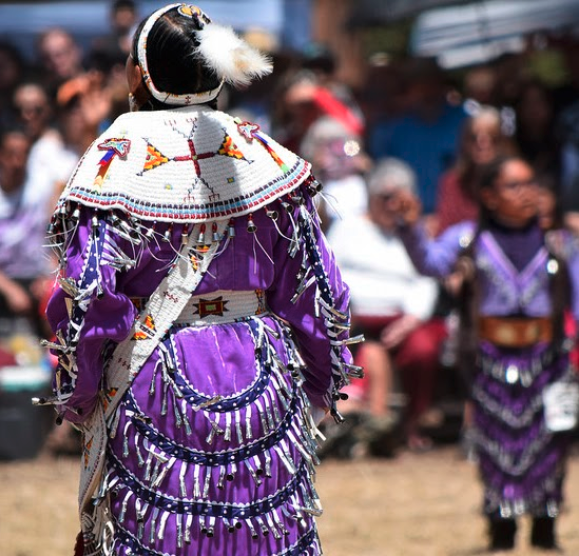
Family Resources
How Children Understand Cancer
Common cancer terminology for caregivers and survivors- a starting place to learn about cancer and treatment
Caring for the caregiver– Native Women’s Wellness
Caregiver Tips: Fact sheet from CancerCare.org
HIPAA: Sharing your health information with friends and family
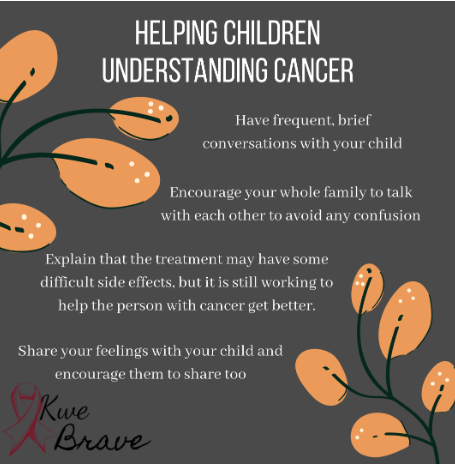
Survivorship
Life after Treatment for Native Americans
Metastatic Breast Cancer Navigator -Young Survival Coalition
Sex and Intimacy after a Cancer Diagnosis
- Relationships and Intimacy: Living Beyond Breast Cancer
Pain Management – integrative medicine: https://www.michigancancer.org/PDFs/Resources/ManagingPainAfterCancerDiagnosis.pdf
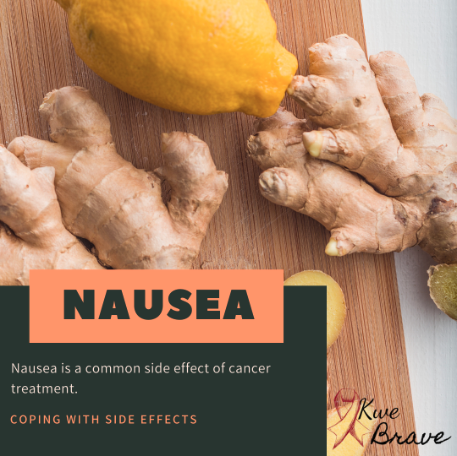
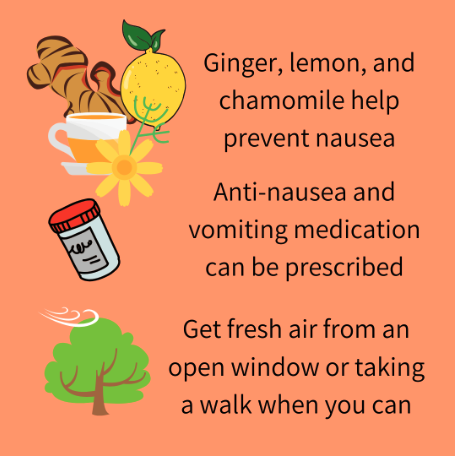
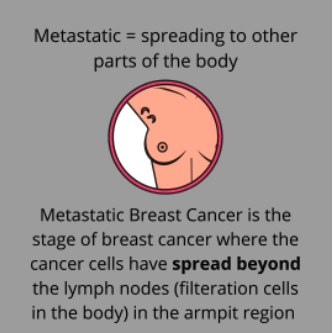
Breast Cancer in Native American women
Native American women tend to experience more severe forms of breast cancer and are often diagnosed in later stages than other racial/ethnic groups. Women who feel supported and comfortable seeking care have better outcomes for breast cancer. The Kwe Brave campaign aims to provide breast cancer risk education and resources for young Native American women.
http://keepitsacred.itcmi.org/wp-content/uploads/2015/06/Breast-cancer-in-AI-AN-NNN-webinar.pdf
Young Breast Cancer is defined by anyone who has been told they have breast cancer under the age of 45.
See our info page for Native YBCS linked above.
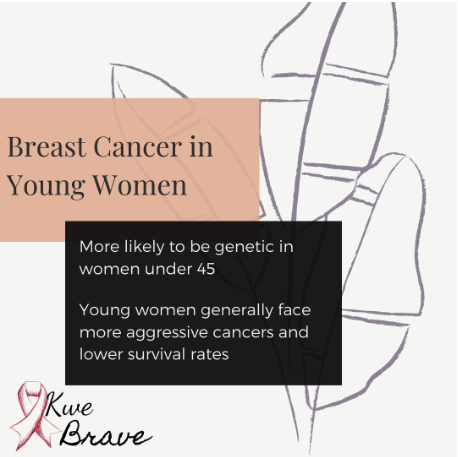
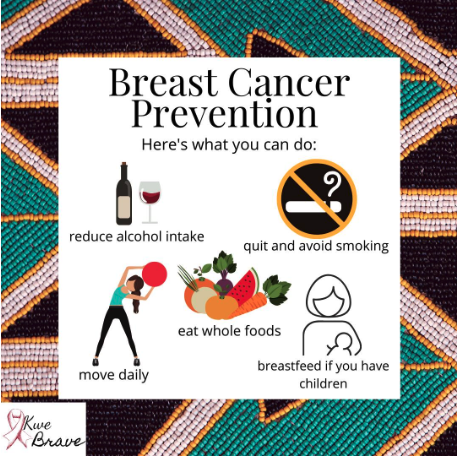
Digital Stories
Screening and Navigation
Cancer Prevention
Three Fires Comprehensive Cancer Consortium
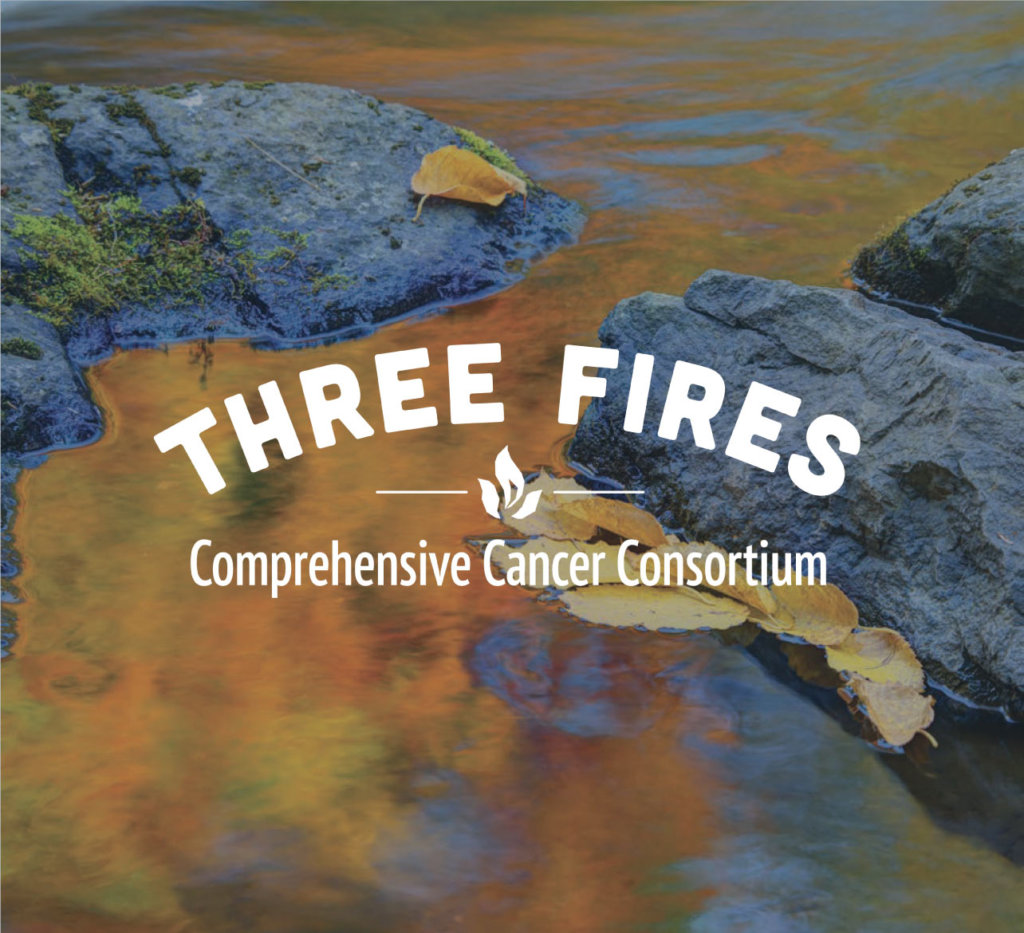
The Inter-Tribal Council of Michigan’s National Comprehensive Cancer Control Program aims to decrease colon, breast and lung cancer, improve quality of life among cancer survivors and decrease cancer morbidity and mortality for Michigan’s American Indians.
The Three Fires Cancer Consortium, addresses cancer-related health disparities among Michigan’s American Indian populations through the use of policy, systems and environmental change strategies.
Five tribes are participating in this consortium:
- Bay Mills Indian Community
- Hannahville Indian Community
- Keweenaw Bay Indian Community
- Little Traverse Bay Bands of Odawa Indians
- Sault Ste. Marie Tribe of Chippewa Indians
Programs
Patient Navigation Cancer Screening
The Inter-Tribal Council of Michigan supports Michigan tribal communities in reducing structural barriers to breast...
Read MoreCancer Survivorship Resources
Cancer Survivorship Resources Resources Cancer Journey Resource Guide Designed by the Three Fires Cancer Consortium...
Read MoreBehavioral Risk Factor Surveillance System
The NaBRFS is one of the only sources of state-specific, population-based estimates of the prevalence...
Read MoreCommercial and Traditional Tobacco
Tobacco is a sacred medicine among many Native American cultures used for ceremony. Learn more...
Read More